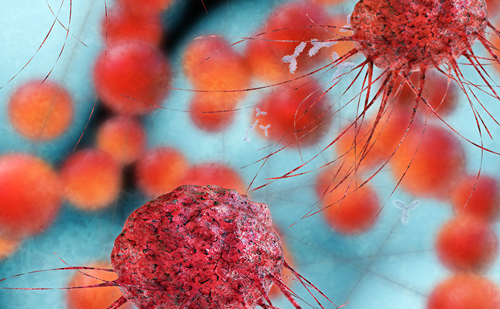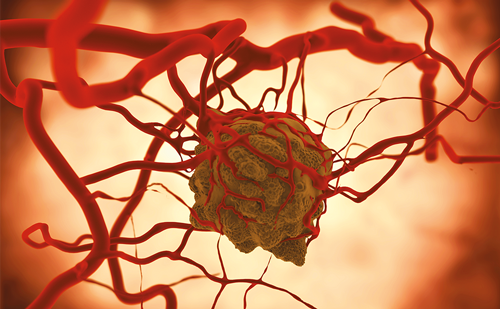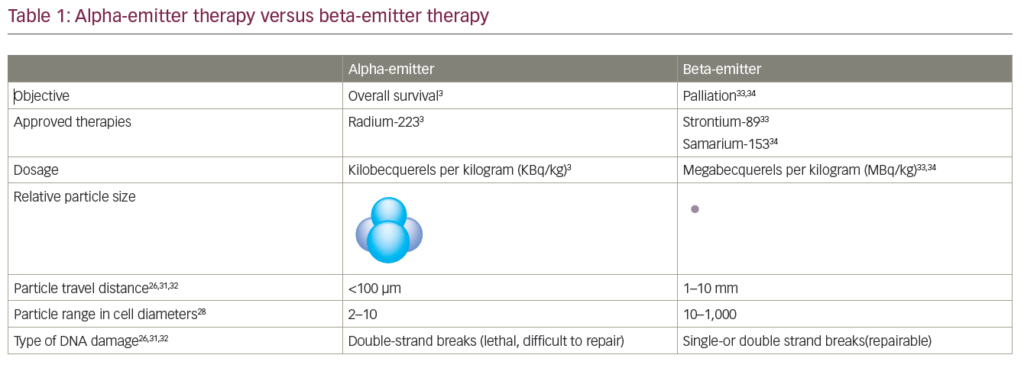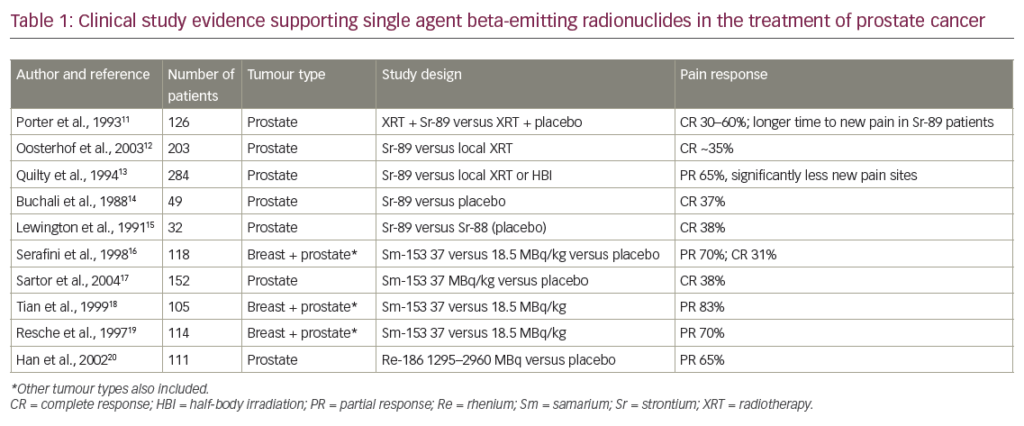Spring has come and soon summer will be here. Many important meetings will be held and our knowledge will increase. New approaches to cancer diagnosis and treatment (surgical, radio-oncological, and medical) will be presented. Progress in supportive care will be a major focus.
This issue of Oncology & Hematology Review offers a remarkable background to compare the new data against, with updates in many areas. New approaches to glioblastoma, triple-negative breast cancer, and neoadjuvant radiation therapy of breast cancer are discussed. The importance of a multidisciplinary approach is exemplified in the case of metastatic colorectal cancer. The role of modern diagnostic techniques is reported in a paper on melanoma. Two further papers discuss prostate cancer and include suggestions, such as revisiting estrogens. In addition, immunological therapy, which is starting to spread to all cancers, is debated in a paper on renal cell carcinoma. Finally, a paper on radiation therapy in male breast cancer discusses a rare, but important, question.
While all these developments are important, one should not forget that cancer is a disease affecting the older segment of our population. Accordingly, the International Society of Geriatric Oncology was founded in 2000 as a multidisciplinary society which includes physicians in the fields of oncology and geriatrics, as well as allied health professionals. It has over 1,000 members in more than 40 countries around the world who all work in order to optimize treatment of older adults with cancer. As older patients have a very variable health status, the need for proper integration of an oncologic and a geriatric approach has become increasingly important. Incorporating geriatric principles into routine oncology care will serve to optimize the treatment of older cancer patients, as well as reducing their functional impairment and its associated social and personal costs. Given the size of the problem, governmental health agencies, international and local organizations, academic institutions, and the medical community at large will need to identify and primarily target the most pressing concerns.
Oncology & Hematology Review is grateful to the authors, editors, and staff who have once again worked to develop such an exciting issue. We are also grateful to all of the organizations and media partners who provide their ongoing support, and, above all, to the Editorial Board that continues to serve this publication.













